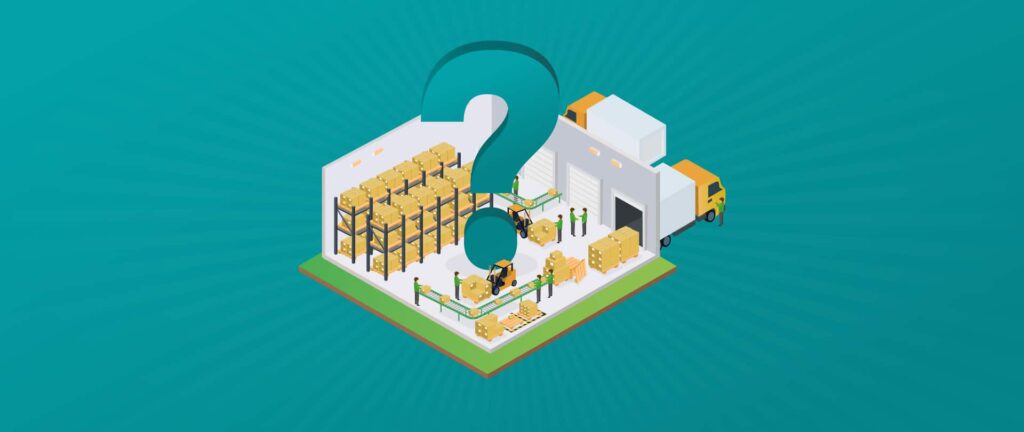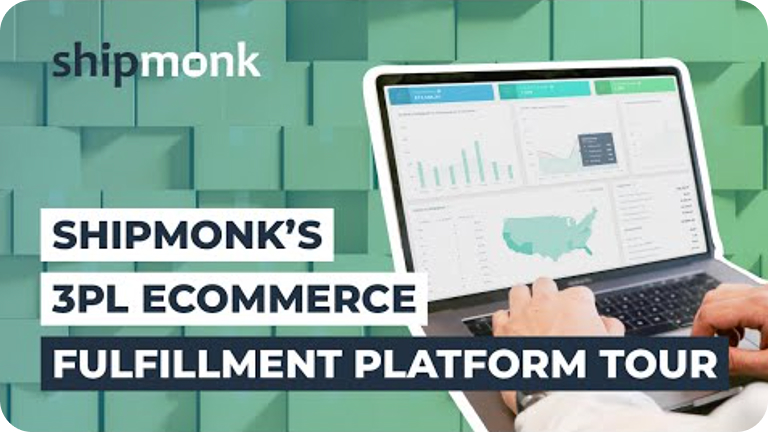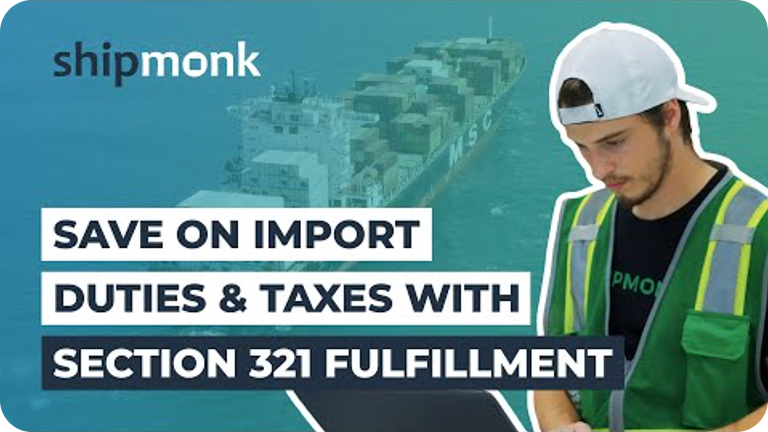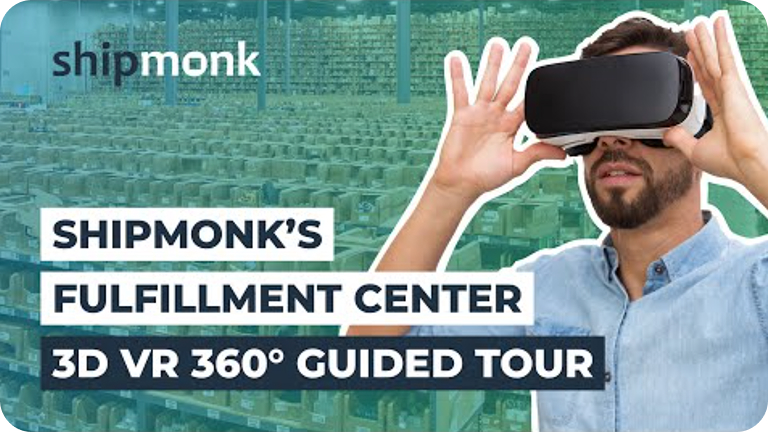So, you think you’ve found “The One.” The fulfillment partner that will take you and your business to the next level. It’s no doubt an exciting time, which is why some basic groundwork is necessary to ensure a stress-free situation.
From technology to pricing to service agreements, we’re taking you through the most vital questions you should consider before sealing the deal.
#1 Do You Integrate with My Store’s Shopping Cart?
A little eCommerce 101… a shopping cart is the software or platform your business uses to make sales. It’s more than just the thing that holds products before the checkout line — it’s how your online store is built and managed. While there are various carts to choose from (just check out our article comparing the best ones), they all serve the purpose of facilitating online purchases.
But, the current eCommerce landscape doesn’t stop at shopping carts. You could also be selling products on a marketplace, like Amazon or Etsy. In this case, instead of having a standalone website for your online store, you share virtual real estate with other vendors.
So where does integration come in? Basically, a great third-party logistics (3PL) partner will have its own software that serves to manage orders, monitor inventory levels, and more. In order for the fulfillment center to get order information from your store, and vice versa, they need to be “synced” together, which is what we call an integration. Without this connection, you would be back to using spreadsheets to track every little detail of your business rather than scaling it.
#2 What’s the Fee Structure?
Pricing. It’s on every business owner’s mind. And, rightfully so! While every fulfillment center may have slightly different pricing structure, their services are typically broken down like this:
- Receiving costs
- Storage fees
- Packaging material costs
- Picking and packing fees
- Shipping rates
Besides recurring costs, it’s helpful to inquire about any up-front costs or monthly requirements, as well as special project fees. (…more on that later!)
Some fulfillment partners might withhold charging certain services entirely, however they might make up for those costs in other ways. For example, not charging for storage fees might mean higher shipping rates to make up for it. That’s why it’s important to focus on individual rates as well as the overall financial picture when considering outsourcing.
#3 What Level of Support Will I Receive?
Businesses come in all shapes and sizes. Some are relatively straightforward, while others are more complex with many moving parts. Regardless of the size of your business, having a dependable and knowledgeable point-of-contact is indispensable. No matter how well things are going, the potential for error is always on the horizon, which is why knowing you have someone (or a group of people) to rely on is so important.
Even if you don’t think you’ll utilize your customer support options to their fullest extent, it’s still useful to dig deeper and find out what you can (or maybe can’t) count on your fulfillment center to do. if any concerns do arise, you’ll be able to deal with them right away.
#4 What Are Your Processes for Tracking Inventory and Processing Orders?
Having a good understanding of your 3PL’s internal processes will always come in handy when it comes to your business and customers.
For instance, you’ll want to know how you’ll be notified if there’s a dip in your inventory level or what the timeline is for receiving and shipping new orders. There’s a lot to consider, and these considerations vary depending on individual business needs.
Word from the wise: Before you sign up, request a demo of your 3PL’s software. If anything, you’ll get peace of mind, which is invaluable!
#5 What Are Your SLAs?
A service-level agreement, or SLA, is a commitment between the service provider (in this case, the fulfillment center) and you, the client. For example, let’s say your fulfillment partner guarantees that they ship all orders within 24 hours. If they fail on that promise, your customers would end up receiving their orders late. While that might not be a big deal to some people, it’s important to not underestimate the sense of urgency your customers might have. Maybe they need a gift for a birthday or a wedding, in which case reliability is paramount.
An SLA is binding in the sense that there are if the agreement is broken, meaning the service provider would be held accountable for their failure to make good on their promises. That way, you can confidently pass on expectations to your customers without fear of letting them down.
#6 What About Special Projects?
Do you need to have a freight delivery scheduled? Custom packaging? Kitting for a new product bundle? All reasonable requests of course, but somewhat outside the daily operations of fulfilling simple eCommerce orders. That’s where special projects come in. They give businesses more flexibility by offering specialized services that don’t quite fall into the scope of “normal” fulfillment.
If your business frequently needs these kinds of tasks done, it would be a good idea to prioritize a 3PL that is able to handle them and has experience with these kinds of requests. You can also ask for examples of special projects they’ve done in the past as well as what kind of rates they charge. The last thing you’ll want is to not be prepared and get hit with a bill that’s more hurtful to your wallet than truly beneficial to your business. More than anything, you’ll want to establish an open line of communication with your 3PL.
They say communication is the foundation of a solid relationship, and business partnerships are no exception. If we could leave you with a last tip, it would be this: Never shy away from asking questions or voicing your concerns. Your 3PL is there to ensure you succeed!





